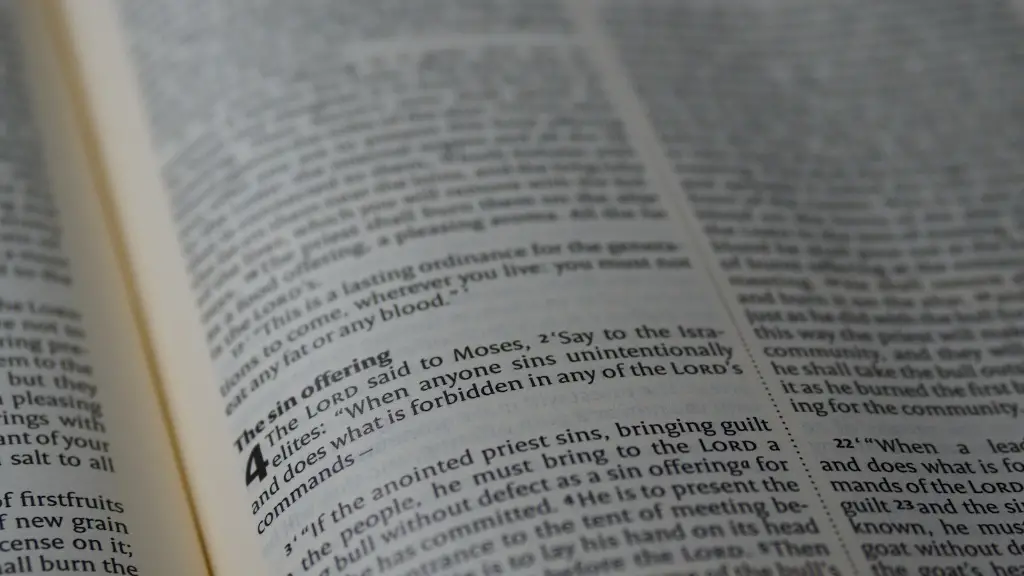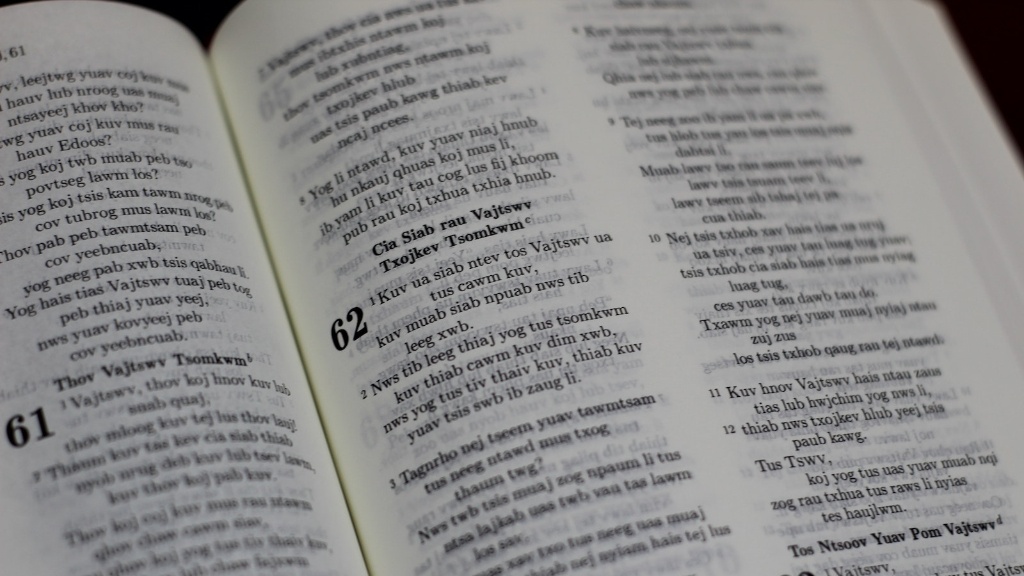What Does The Bible Say About Piercings?
The Bible is a sacred text to many people, and it contains a number of verses that can be used to provide guidance on matters of faith, morality, and health. Different Biblical passages can be interpreted differently and many Christians take guidance from their particular denomination’s teachings about piercings.
From a Christian theological perspective, body modifications such as piercings represent an individual’s desire to adorn themselves and demonstrate their social status. The Bible does not specifically state that piercings are wrong, however, it does contain warning against bodily indulgences.
I Peter 3:3-4: ‘Your beauty should not come from outward adornment, such as elaborate hairstyles and the wearing of gold jewelry or fine clothes. Rather, it should be that of your inner self, the unfading beauty of a gentle and quiet spirit.’
The above passage can be interpreted to mean that piercings should not define a person, and piercings should not be seen as a sign of personal beauty. Some denominations will caution against piercings and any body modifications that are seen as an indulgence of the flesh and can detract from God’s original design of the body.
Pastor Robert Mais also supports this view, stating that piercings and tattoos are like altars erected to false gods, as they can become a form of self-worship, leading individuals away from their primary relationship with God. He goes on to say that although tattoos and piercings do not originate from a religious context, these kinds of body modifications are taken on as a form of identity and can become very difficult to undo without serious medical intervention.
Lee-Anne Peters, a Christian Life Coach, agrees with Mais’ assessment and states that it can also be seen as a lack of self-respect and adoration of one’s body when it comes to making impulsive decision.
In contrast, other Christian denominations will argue that piercings, just like any other personal choice, should be made responsibly and in moderation. Stephen Finn, an Interfaith Minister from Florida USA, states that within the context of a Christian’s spiritual life, getting a piercing is an individual choice and can be seen as a step towards self-actualization. He believes that we should be mindful when making decisions like these and not be influenced by trends or pressure from social media.
Interpreting Religious Texts
The interpretation of religious texts, including those within the Christian tradition, can be challenging, as there can be multiple interpretations of the same passage. These interpretations are heavily reliant on context, culture, and personal experiences, and can vary between denominations.
When it comes to piercing, some denominations may express a distinction between acceptable and unacceptable piercings. For instance, ear piercings may be ok, whereas lip, tongue or nipple piercings may not be considered appropriate. However, it is important to note that the permission to pierce or not pierce stills lies within the individual.
Personal Reflection
Piercings can hold religious meaning for some people, and many will turn to their faith tradition for guidance. However, as interpretation of religious texts can be complex and varied, it is important for each person to use their own judgement.
Simply put, piercings should be made responsibly, and in keeping with cultural, religious, and personal standards.
Social Views and Expectations
It is important to consider social views and expectations when making decisions regarding piercings, as attitudes vary depending on one’s gender, sexuality, and cultural background. Societal expectations of appropriate piercings also vary depending on age, with certain piercings seen as more acceptable on young people as opposed to older adults.
When making decisions about piercings, it is important to consider who might be affected by the decision.
Acceptance of Body Modification
In recent years, there has been an increase in acceptance of body modifications such as piercings, tattoos, and even some forms of plastic surgery. The acceptance of these forms of expression has grown in some countries, due to the emergence of contemporary forms of art such as graffiti and street art.
What is important to remember is that acceptance of body modifictions is still largely dependent on context and culture. Some cultures see body modifictions as an act of rebellion, whereas in other cultures it can be seen as a form of self-expression.
Conclusion and Reflection
The Bible does not directly answer the question of whether or not piercings are acceptable. Therefore, it is important to take into consideration all aspects of personal, cultural, and religious beliefs when making a decision. Ultimately, it is the individual’s judgement that should be relied upon when it comes to piercings, as this decision can have a lasting and potentially irreversible impact on one’s life.

